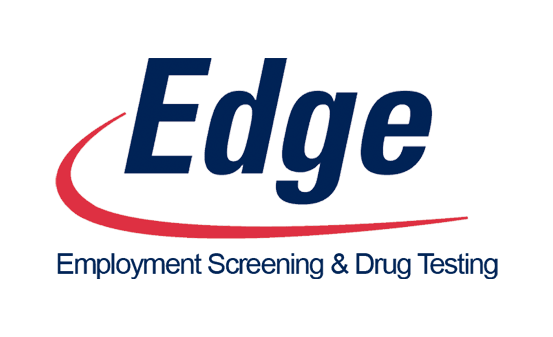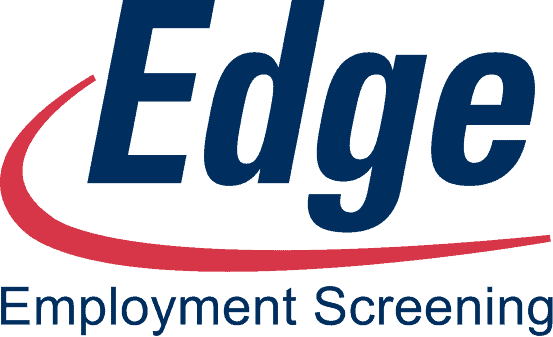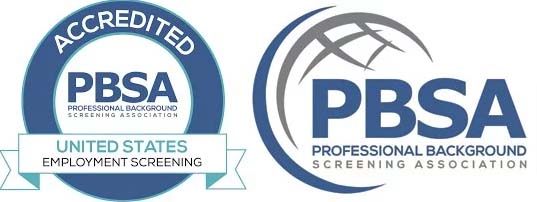In the modern world, employment background checks have become a critical part of the hiring process. These checks, which may include criminal history, credit history, and past employment verification, provide employers with crucial information to make informed hiring decisions. They help ensure workplace safety, protect the company’s reputation, and mitigate potential legal liabilities.
The year 2023 has been a transformative period for employment background checks. This article will delve into these changes, exploring how they have impacted businesses and what they mean for future employment background checks. Let’s dive in!
Changes in Legal Regulations
The legal landscape surrounding employment background checks is constantly evolving. In 2023, several new laws and regulations were enacted that significantly impacted how these checks were conducted.
One notable change in the United States was the introduction of new regulations in areas such as non-compete clauses, pay transparency, and human capital disclosures. These changes underscore the importance of staying updated with the latest legal developments in employment background checks. They also highlight the value of partnering with a knowledgeable provider like Edge Information Management, Inc., which can help navigate these complex legal landscapes and ensure compliance.
Businesses must understand these changes and adapt their background check processes accordingly. Failure to comply with these new laws and regulations can lead to legal issues and potential penalties.
Impact of Remote Work on Background Checks
The shift to remote work has significantly influenced the process and importance of a pre-employment background check. As the traditional office space has transformed into a virtual environment, the methods and scope of conducting background checks have also evolved.
In 2023, the remote work trend continued to rise, with 12.7% of full-time employees working from home and 28.2% adapting to a hybrid work model. This shift has necessitated a more comprehensive and global approach to background checks. Employers must now verify information across different jurisdictions, making traced county and state criminal as well as international checks more critical than ever.
Moreover, the remote work trend has also led to changes in the types of checks being conducted. For instance, with more employees working from home, employers have begun emphasizing checks related to digital footprints and online behavior. This includes social media checks and online reputation management.
However, conducting background checks for remote workers also presents particular challenges. For instance, verifying employment history or educational qualifications can be more complex when the candidate is based in a different country. Similarly, conducting criminal checks can also be challenging due to differences in legal systems and data privacy laws across countries.
Despite these challenges, employers must conduct thorough pre-employment background checks for remote workers. These checks help ensure that the candidate is not only qualified for the job but also aligns with the company’s values and culture, regardless of their geographical location.
The shift to remote work has underscored the importance of comprehensive, global pre-employment background checks. As we move towards an increasingly remote and digital work environment, employers must adapt their background check processes to ensure they continue to hire the right talent.
Rise of Continuous Monitoring
The rise of continuous monitoring in 2023 has been driven by the need for businesses to stay updated on their employees’ status beyond the initial pre-employment background check.
Continuous monitoring involves regularly checking an employee’s records for changes that might affect their employment suitability. This could include new criminal records, credit history changes, or licensing and certification updates.
The adoption of continuous monitoring has been particularly noticeable since the start of the pandemic. With the massive shift to a remote work model, companies have less visibility into the actions and conduct of their employees. Continuous monitoring solves this challenge by offering immediate alerts of employee conduct, such as arrests, convictions, changes in motor vehicle records, accidents, or misconduct.
Despite challenges, particularly with privacy laws and regulations, the trend toward continuous monitoring is expected to grow. It offers a proactive approach to maintaining a safe and compliant workforce.
Changes in Drug Testing Policies
In 2023, the changes in drug testing policies in various industries were driven by a variety of factors, including the ongoing opioid crisis, the legalization of cannabis in many jurisdictions, and the evolving nature of the workplace.
One of the key trends was a shift away from zero-tolerance testing policies. More employers have started to focus on deterrence rather than impairment, recognizing the need for policies that balance workplace safety with the realities of legal cannabis use.
The rise of the opioid crisis also had a profound impact on drug testing policies. With the National Institutes of Health reporting that opioid use disorder and opioid addiction are now at epidemic levels in the United States, many companies have started to include opioid testing as part of their pre-employment screening process.
Furthermore, the legalization of cannabis in many parts of the U.S. has complicated drug testing policies. Employers now face the challenge of navigating the legal landscape while ensuring a safe and productive workplace. This has led to a greater emphasis on testing for cannabis use, despite the difficulties in determining impairment.
In response to these changes, many companies have started to adapt their drug testing policies. They are seeking to strike a balance between maintaining a safe work environment and respecting the rights and privacy of their employees.
As we move into 2024, these trends are expected to continue to shape drug testing policies in various industries. Companies like Edge Information Management, Inc. can play a crucial role in helping businesses navigate these changes, helping them stay compliant while maintaining a safe and productive workplace.
Conclusion: Looking Ahead to 2024
These trends highlight the importance of staying informed and prepared. As the landscape of employment background checks continues to change, employers must be ready to adapt.
Navigating these changes can be challenging, but you don’t have to do it alone. Edge Information Management, Inc. is a trusted partner that can guide you through these changes. With our expertise, we can help ensure that your processes are efficient, effective, and compliant with all relevant laws.
For more information or assistance with your employment background check needs, don’t hesitate to reach out to Edge Information Management, Inc. We are ready and eager to help.









